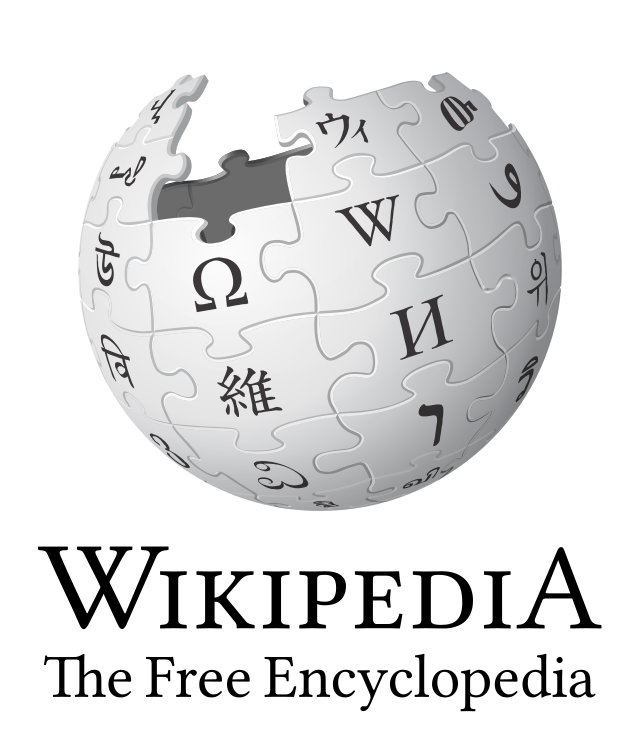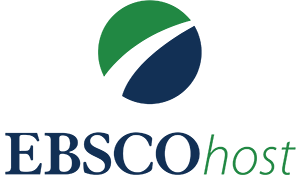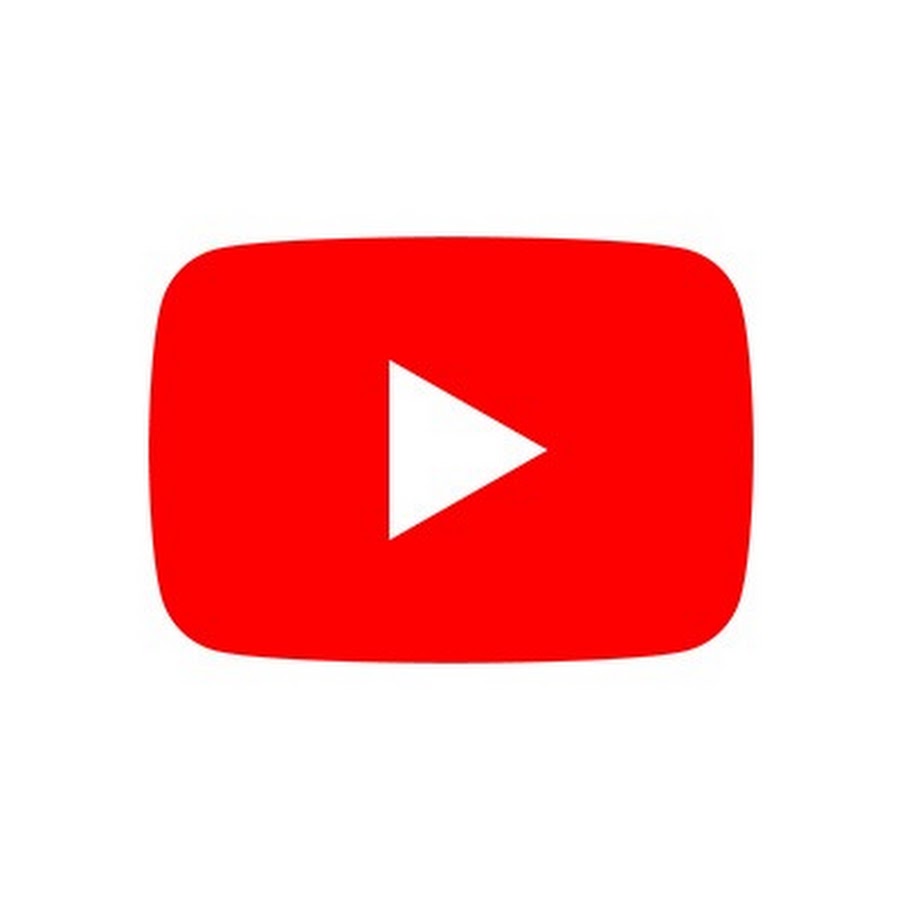Free Inquiry Project : (1) Update
For the free inquiry project where I create a learning plan based on the subject I’m interested in, I selected the topic “Globalization & Local Culture: Does increased connectivity erode or enrich local traditions?”. I chose this topic because I thought it was intriguing and I wanted to learn more about how globalization affects culture and traditions. Also, in addition to my previous post, I once took an anthropology class a few years ago and I loved learning about other cultures and how globalization changed our perspectives forever. Fast forward to present where I would like to learn about globalization by using a variety of distributed and open learning technology while I learn and research about the topic.
When collaborating with my classmates in our learning pod, we decided to work on our projects individually and maybe regroup to present the project together.
As for the project, I created the outline below to help me create a learning plan to give me direction as I continue to research regarding globalization and cultures. The outline might change throughout, but the main ideas will remain the same.
Introduction
Overview
[text]
Misconceptions
[text]
Target Audience
[text]
Platform for Hosting
[text]
Accessibility and Inclusion
Inclusive Design
[text]
Affordances of Technology
[text]
Assessment Plan
Core Concepts
[text]
Essential Questions
[text]
Learning Outcomes
[text]
Learning Activities
[text]
Tests and Assignments
[text]
References
[text]
Upon Reflection…
Upon making my learning plan, I used a reference from the University of British Columbia as to how to make learning plans, what to incorporate for content, and why the topic needs to be discussed. I think that using a university’s learning plan as a reference is much more credible because the learning plan targets learners that are students and creating a plan allows for direction (for myself and the students) and allows for reader engagement. It was easy to find different articles and lesson plans teachers have made for students, but UBC summarizes key points and understands what students will need to properly learn the content material. In addition, I also used another source from a journal article on creating lessons plan. With these two sources, I was able to formulate my own lesson plan regarding my free inquiry topic.
What was difficult with finding lessons plans is that how much I wanted and needed to put. Knowing what was enough was the most difficult part. Finding lessons plans on the Internet was of ease, however finding the lesson plan that encompasses all of what the topic needs to be discussed was difficult. There were multiple some lesson plans online that, I felt, did not look appropriate for the subject matter because it was too in-depth considering the amount of time I had to research regarding the subject. Ultimately, it is important to know what I want to discuss and the key concepts that needs to be explored regarding globalization and its impact on preservation and/or transformation of cultures.



Free Inquiry Project : (2) Update
I decided to change the format to a research paper instead of a lesson learning plan. With this, the students can read the paper and draw their own conclusions from the inquiry. As far as the tools I used to conduct the research on my topic for the free inquiry project, I mainly used research Wikipedia, research databases, YouTube, and Google for the content material. I was happy that I found a resource where I could watch virtual tours of Museums within Canada and British Columbia which helped my research on accessibility on the digitization of cultural preservation. By using these resources, I was allowed to access these journal articles because I am a student of University of Victoria and I can learn remotely about the topic.

I found that Wikipedia was a great source for me in when I started the research. By searching up the key word “Globalization” on Google, I was able to access vast information regarding that subject. The content on this website covers everything where references are included and there’s no subscription or account required to access this.

- Ageline (EBSCO)
- ERIC (EBSCO)
- Business Source Complete (EBSCO)
Through these databases, I was able to research and find scholarly and peer-reviews articles. Additionally, it has advanced search options and I conducted keyword searches across several databases all at once.

The platform functions as an open-access learning platform where I could access topics regarding globalization and cultural heritage. There is a lot of content on this platform, but I tried to choose materials that were both relevant and credible.
I found that it was difficult for me to access any Anthropological databases and the ones that were available were difficult to navigate. One of the downsides of Open Source Databases and platforms is navigating around these websites. Digital literacy needs to be addressed I find that while these platforms are growing more and more available to the public, educating and raising awareness on digital literacy of learners must be addressed. When I first used Open ETC and Mattermost, it was very new and took time to get accustomed to the features.
Methods
I used keywords such as “globalization”, “culture”, “preservation”, “technology”, “identity”, and “psychology” to explore interdisciplinary perspectives on cultural dynamics in the modern world. I combined and alternated these keywords using Boolean operators (e.g., AND, OR) to broaden or narrow my search scope. I mix and match these words and I ensure the academic papers are within the 20 to 50 years. Additionally, I filter the results using the peer-reviewed and academic journal filter.
Note: Below is the finalized plan for the research paper.
Introduction
Overview and Purpose
[text]
Cultural Exchange and Identity
Canadian Culture
[text]
Psychological & Identity Impact
[text]
Technology in Cultural Preservation
[text]
Conclusion
[text]
References
[text]
Free Inquiry Project : (3) Update
One of the main challenged I faced during this was navigating open-access databases at times and digital learning platforms. While they offered a wide range of resources, many of the sites especially the anthropological ones were not user-friendly. I was overwhelmed and frustrated with the layout, was unfamiliar with the terminology and the multiple layers of filters or advances search options. What helped me push through was a combination of trial and error, seeking help from the help button, and looking through the website to try and search any papers regarding globalization. I gave myself time to explore the website without rushing, which I believe helped me build confidence and recognize patterns in how to use the website. Eventually, I was able to use Boolean searches and filters, but I preferred to use other databased compared to Anthropological ones.
What surprised me the most was how much I grew through this struggle because I considered myself relatively tech-savvy to an extend, but searching for words and navigating around websites that was not only academic, but had a different interface compared to regular websites and research tools. I know this will help anyone in the future for academic work and in professional environments where using digital platforms is essential.
More than anything, it was important for me to learn through trial and error and build confidence which helped me build upon my digital literacy skills, especially as more educational institutions are moving onto online platforms. I think it looked easy to just “figure it out”, but even if the access was available it doesn’t mean that it was necessarily intuitive for everyone and support was always available for people like me doing research papers or am interested in any subject. I think that the journey of feeling empowered, discouraged, and defeated can be a series of events that does happen when researching. However, if open learning platforms and research databases could make the websites more intuitive while still upholding the same rigor when it comes to searching for content materials, it can make learners such as myself, feel more confident and curious about the topic.
References
Gonçalves, S., Moloney, A., & Vamvakidou, I. (2011). Learning objects and multimedia resources in citizenship education and education for diversity. CiCe Central Coordination Unit.
University of British Columbia. (n.d.). LEARNING PLANS // what, why, and how to do them well….https://med-fom-fmprpostgrad.sites.olt.ubc.ca/files/2016/03/Learning-Plans-Mini-Handout.pdf